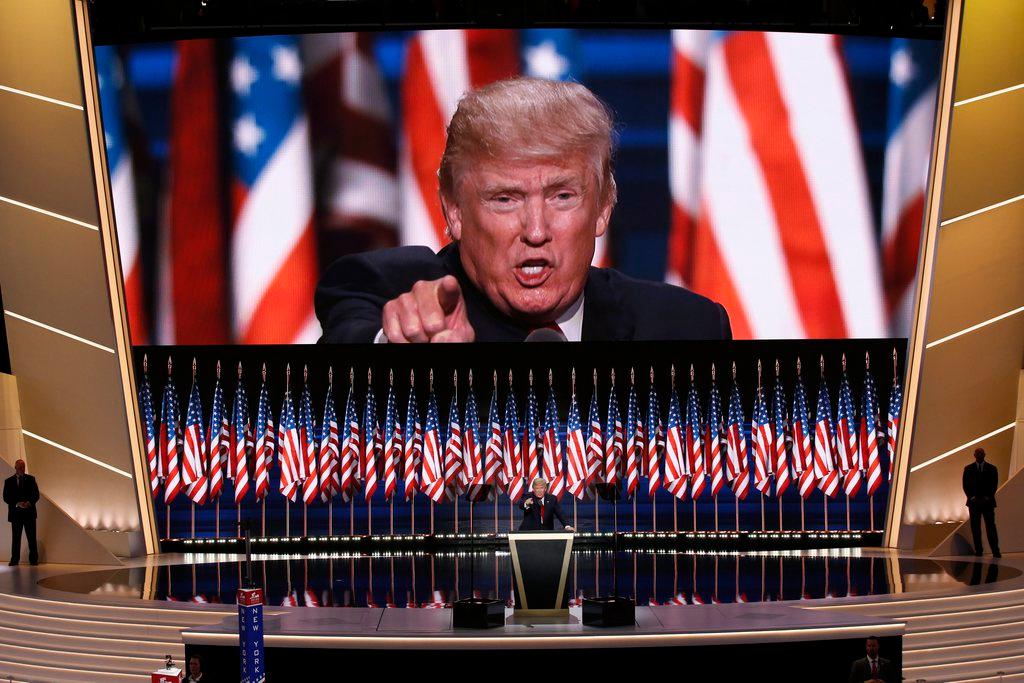Online searches reveal US candidates’ strengths and weaknesses

While Hillary Clinton targets political issues that more closely match topics of greatest interest to internet users, Donald Trump communicates with constituents using simpler, more direct rhetoric, researchers at Swiss and American institutions have found.
The study, which uses internet user behaviour to understand how the public is responding to the US presidential campaign, was conducted by computer and political scientists at the University of Neuchâtel, the Swiss Institute for Applied Argumentation Research (IFAAR) and Northeastern University in Boston.
It began on January 1 this year in order to monitor the presidential campaigns of US Republican candidate Donald Trump and his Democrat opponent Hillary Clinton.
The researchers used global data from over 450 search engines and monitored activity on social media platforms like Facebook and Twitter.
Talking the talk
To see how well the candidates addressed issues of concern to the public, the researchers compared online queries with the candidates’ respective campaign websites.
While Clinton’s site reflected issues more frequently searched for by the public (funding, reforms and families), Trump’s tended to focus on issues that are searched for less (immigration, workers, Washington and veterans).
However, neither website was very good at addressing the subjects most searched by internet users: poverty, jobs, industries, presidency and housing.
In terms of rhetoric, the researchers showed that the length of words and sentences used by US presidential candidates has been declining steadily, with Trump using the shortest words and sentences of all: only 16% of his words are more than six letters long. The figure for Clinton was 22%.
Trump Googled more
Trump was easily the subject of the most internet searches by Americans, averaging about 1.08 million per day throughout the study period. There were about 730,000 searches for republican Ted Cruz and 480,000 for Clinton. University of Neuchâtel researcher Jacques Savoy said in a statement on Tuesday that, overall, Republican candidates were the subject of two-thirds of the online queries studied, versus one-third for Democrats.
The researchers say their unique analytical approach is useful for monitoring the evolution of the candidates’ online presence during their campaigns, but that to know the election outcome, voters will have to wait until November 8.
“In general, we know from other campaigns and public votes that it is important to have a lot of presence, but we can’t make any predictions at the moment,” said Christoph Glauser of IFAAR.
“The internet users who search for Trump may be either for him or against him, but regardless, he has a big slice of the cake.”

In compliance with the JTI standards
More: SWI swissinfo.ch certified by the Journalism Trust Initiative











You can find an overview of ongoing debates with our journalists here . Please join us!
If you want to start a conversation about a topic raised in this article or want to report factual errors, email us at english@swissinfo.ch.